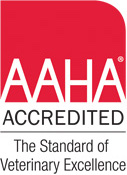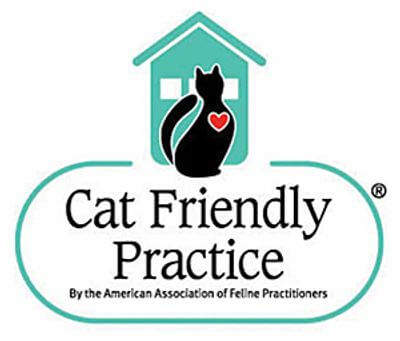How will proper puppy care impact the life of my dog?
Proper puppy care is crucial as it sets the stage for appropriate nutrition, vaccination, and behavior. Proper care helps in the prevention of diseases and behavioral issues that are often discussed during puppy visits.
Dr. Catherine MacLean
Sugar River Animal Hospital
Why is it important to start good puppy care on day one?
Starting good puppy care from day one is crucial in preventing diseases. Many conditions we observe in puppies can be entirely prevented with appropriate vaccination.
How soon should I bring my puppy in to see a veterinarian for their first exam?
It would be best if you brought your puppy in within the first couple weeks of getting them. Despite being told that they're up to date on vaccines when adopted, this is often not true unless your puppy is over 16 weeks of age. Puppies will need additional vaccinations and some vaccines that we administer in New Hampshire are not typical ones that puppies receive from rescues and breeders. Thus, it's crucial to bring your puppy in as soon as possible. Some breeders and rescues also require a veterinary visit within a certain time frame to ensure that your puppy is healthy.
What are the most common health problems in a puppy?
The most common health problems in puppies are intestinal parasites or worms. A common misconception is that you can see the worms, which may be true in some cases, but worms are typically microscopic and shed in your puppy’s poop. Therefore, it’s important to bring in a fecal sample even if the rescue or breeder has dewormed them. Parvovirus is another condition we see in puppies and it is preventable with vaccination. It causes vomiting and diarrhea in puppies and can even be fatal, as it leads to rapid dehydration. If your puppy is having those clinical signs, it’s very important that we see them immediately. Another possible disease could be distemper, which is not common in the northeast, but possible if the puppy is from the south. It causes neurological and GI symptoms.
What are some signs and symptoms of illness in your puppy?
Signs and symptoms of illness in a puppy include lethargy, loss of appetite, vomiting, diarrhea, changes in behavior, and runny eyes in some cases. If you notice any of these symptoms, please contact us.
What are the signs of a healthy, thriving puppy?
A healthy, thriving puppy will be gaining weight, interacting with their family, playful, and eating and drinking well.
When should I start training my puppy?
You should begin training your puppy immediately. Critical socialization needs to occur, and it's essential for them to learn the rules of your home. Potty training can start right away as well. A good rule of thumb is that for every month of age your puppy is, that’s how long they should be able to hold their bladder. A three month old puppy should be able to hold it for about three hours.
What will my vet be looking for at my puppy’s first exam?
During the first visit, we will conduct a complete physical examination of your puppy, from nose to tail. We'll be checking its eyes, ears, mouth, heart, lungs, abdomen, and joints. We'll discuss the vaccines that it needs and any training or behavioral issues you're concerned with. A lot happens in that first appointment, and we usually see puppies two to three times in the first few months to stay on track and ensure no issues arise as your puppy ages.
If you still have other questions and you'd like to reach out to us, you can call us directly at (603) 287-1181, or you can email us at [email protected]. But please do reach out, and we'll get back to you as fast as we can. Don't forget to follow us on social media Facebook, Instagram


